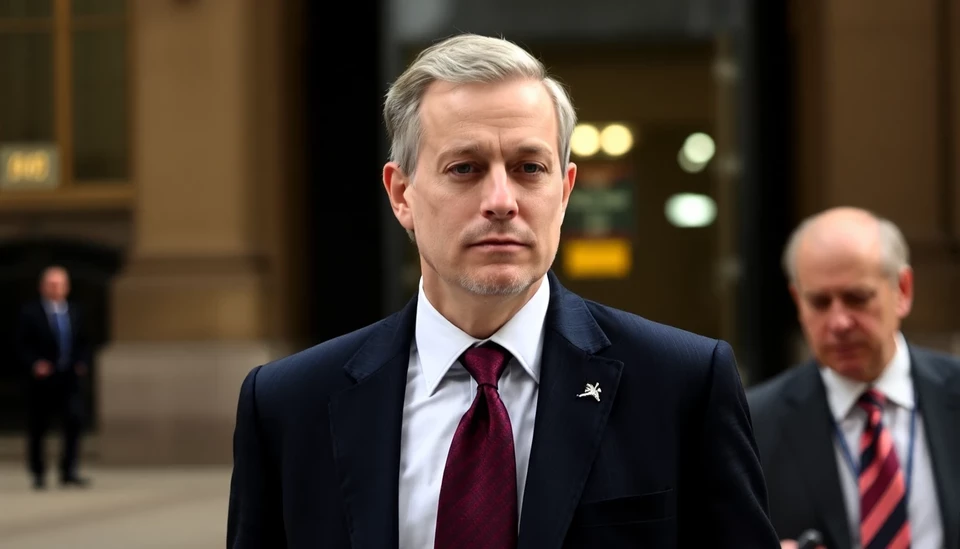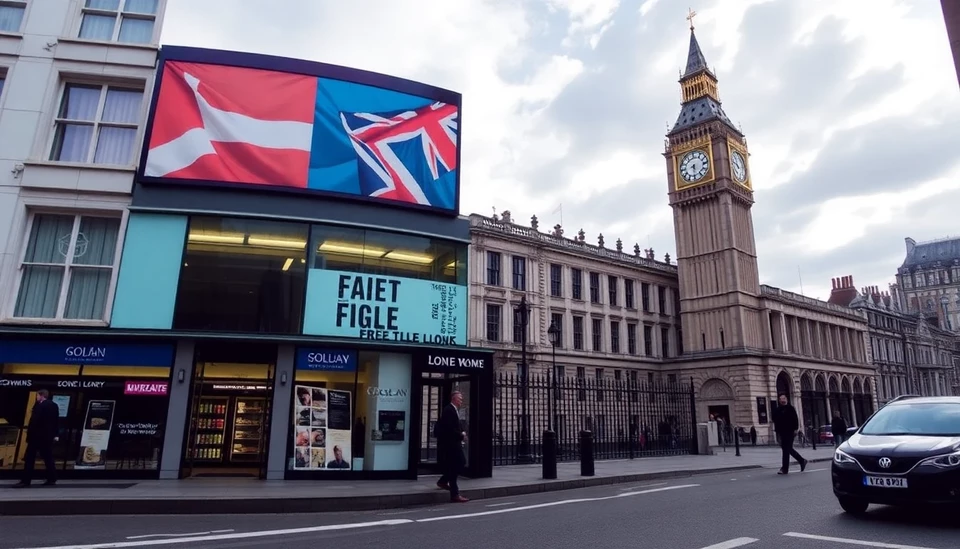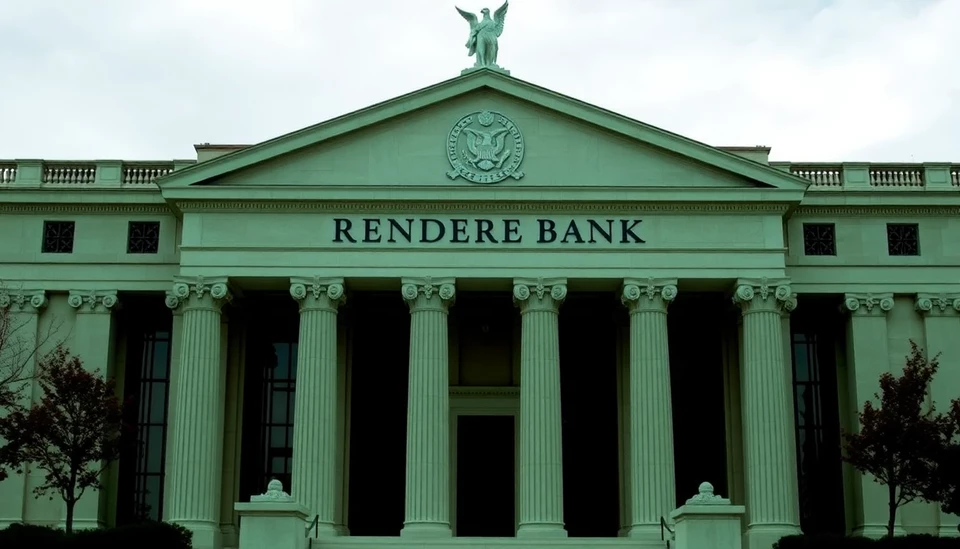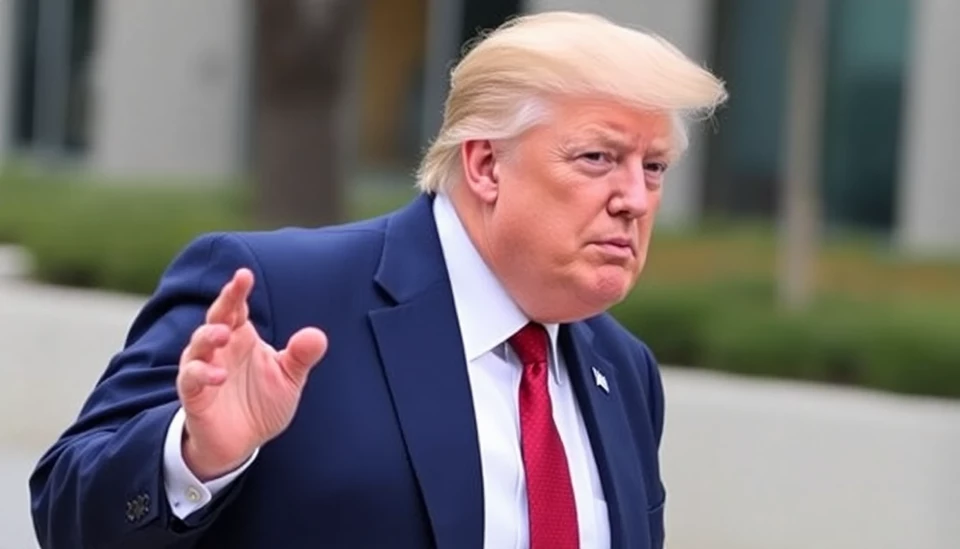
In a significant legal development, the United Kingdom’s Supreme Court is currently deliberating on the case of a trader accused of insider trading. This case has attracted considerable attention due to the complexities surrounding extradition laws and the implications for international financial crime enforcement.
The accused trader, whose identity has not been disclosed fully in the media, is facing serious charges linked to insider trading practices that allegedly occurred while he was employed at a major financial institution. The U.S. authorities are keen to extradite him to face these charges in the United States, where insider trading is rigorously prosecuted and carries severe penalties.
However, the defense team has mounted a vigorous challenge against the extradition request. They argue that the prosecution is based on dubious evidence and raises significant legal questions about how insider trading is defined and prosecuted in the U.S. compared to the UK’s legal framework. According to the defense, aspects of the evidence may not be admissible under UK law, which could complicate the U.S. case against the trader.
The case comes at a time when both countries are reevaluating their cooperation on financial crime and regulatory standards. The outcome of this case could influence future extradition protocols and the burden of proof required when dealing with allegations of financial misconduct across borders. Legal analysts suggest that a ruling in favor of the accused may set a precedent that challenges the extradition of other financial professionals out of the UK for similar charges.
During the oral arguments presented before the Supreme Court, the justices expressed keen interest in the specifics of the allegations, particularly how they intersect with established legal definitions in the UK. The court’s decision, expected in the coming months, will likely have wide-ranging ramifications for financial regulation and enforcement practices, possibly even affecting how international financiers operate moving forward.
As this case unfolds, it serves as a vital reminder of the challenges of navigating international law, especially in the era of increasing globalization in finance where traders operate across multiple jurisdictions.
The decision from the Supreme Court will be closely monitored by legal experts, financiers, and regulatory bodies alike, as the implications could alter the landscape of insider trading prosecutions internationally.
As the legal proceedings continue, the financial sector remains alert to the outcomes, underscoring the importance of ethical trading practices and rigorous compliance with insider trading laws.
#InsiderTrading #ExtraditionLaw #FinancialCrime #USTrader #UKSupremeCourt #LegalPrecedent #FinancialRegulation #Compliance
Author: Samuel Brooks




